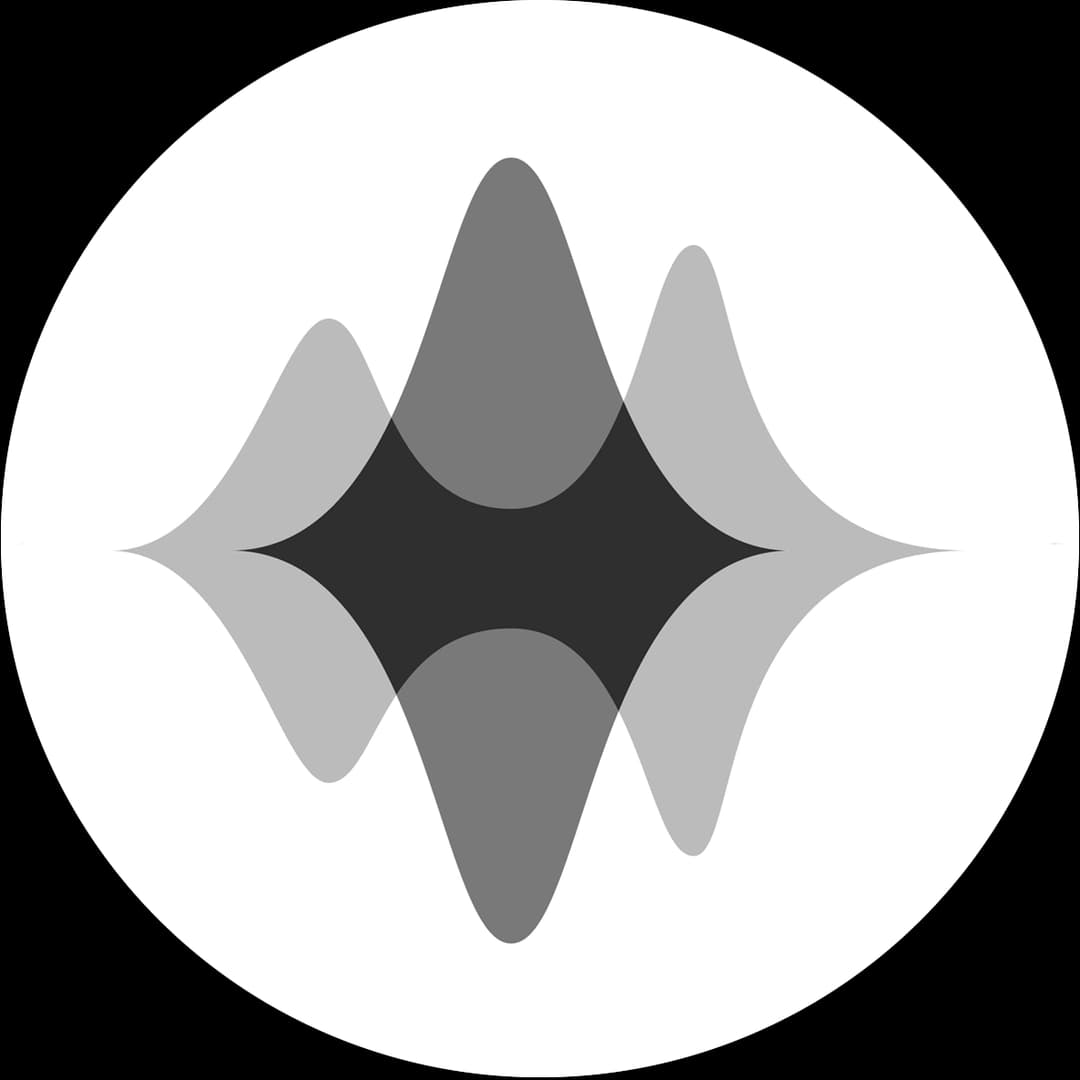
Alexander Scriabin and Serge Koussevitzky by Robert Sterl
Scriabin’s fascination with the occult culminated towards the end of his life with the development of a harmony which he described as the “chord of the pleroma” or a chord that captures the totality of divine powers. This chord became nicknamed “the mystic chord.”

The “Mystic Chord”
This mystic chord first appeared in Scriabin’s music in 1910 in his piece Prometheus: The Poem of Fire, Op. 60. This 20-minute symphonic tone poem is loosely based on the myth of Prometheus and has the ambitious instrumentation of orchestra, piano soloist, optional choir, and clavier à lumières, a “color organ” that projects different colored lights when played. Scriabin used the mystic chord harmony as the building block for all the music in this fantastic piece.
After Prometheus: The Poem of Fire, Scriabin spent the remaining 5 years of his life composing music based on his mystic chord. It appears in the opening measures of his sixth, seventh, ninth, and tenth piano sonatas amongst other works.
When Scriabin died in 1915, he left behind an unfinished, ambitious piece titled Mysterium. It was planned to be a seven-day long, multi-sensory experience, performed in the foothills of the Himalayas. The piece was intended to cause spiritual growth and bring enlightenment to the audience. Scriabin only managed to complete sketches which did feature his mystic chord but the rest of the piece is forever unfinished.







